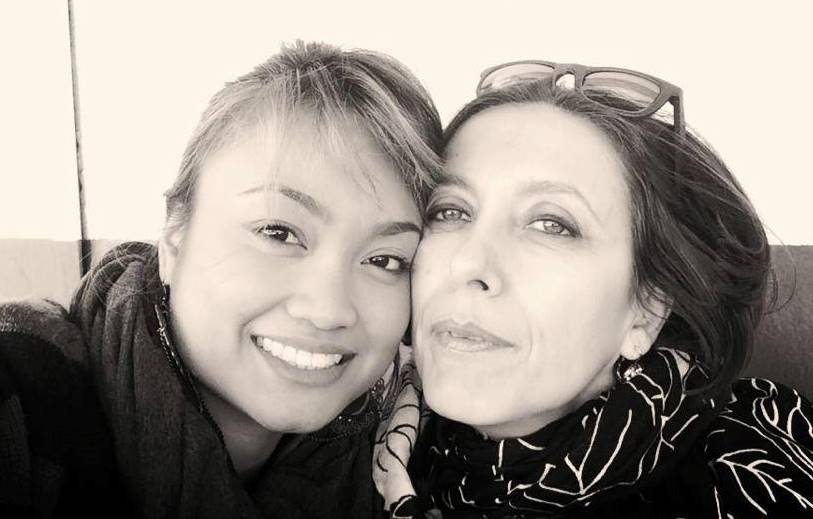
daughter, who was an orphan in Manilla before joining Capannelli's family.
Romania’s recent history saw the country register very high rates of child abandonment. In the early ‘90s, Romania’s child protection relied on large institutions - which offered poor conditions to more than 100,000 children – and we know these children are some of the least fortunate members of society. Nowadays, Romania has not only halved the number of children in the child protection system but it is also promoting a major shift away from institutional care towards more individualized and efficient forms of care, such as extended family, foster families, and family-like homes.
Still, psychological strains and tragedies persist - even in this newer, more modern system. Recently, a 14 year old girl from a child protection center decided to take her life because she had been returned to the orphanage after living with a foster mother for 11 years. Her foster mother had fallen ill and the family could not manage to care for her and the other children at the same time. In her suicide note, she told her adoptive mother she loved her and that she couldn’t stand the fact that she was taken away.
For me, an adoptive mother of a now 23-year-old daughter who was abandoned at birth and that joined my family from an orphanage in Manila - first as a foster child and then as an adopted child - this story brings home many memories and a stark reminder that the agenda is still out there.
And it feels great to be part of an institution like the World Bank that, through projects and analytical work, has offered assistance in Romania since the early years, helping the country move towards the current, modern system. Recently, we have worked with the Romanian Child Protection Agency, in the Ministry of Labour, to launch a complex analysis of the child protection system. We found that the children in the Child Protection System represent 1.5% of the total number of children in Romania (still too big a number in my view) and that their welfare falls short of those of the average child in Romania.
There is a strong correlation between extreme poverty and child abandonment. About three quarters of abandoned children are in the system because of the extreme poverty of their families. The majority of the children come from communities that are marginalized. There are still pockets of deep, concentrated, and persistent poverty in Romania and this is often mixed with ethnic marginalization, especially towards the Roma. The World Bank has helped the Government of Romania identify, map, and diagnose these communities - which represent about 5% of the population of the country - but little has been done to address the roots of the problem.
We can and need to step up our efforts for this.
The current child protection system is not capable of building the human capital needed for these children to become productive members of the society. The leadership in the Child Protection Agency and in the Ministry knows that Romania needs to invest in the development of all its children and that it must reduce the rate of children entering orphanages while simultaneously helping those already there become fully functional members of society. This will take more case managers, more foster parents, more social workers in the system. It also takes more tolerance for the less fortunate in the greater Romanian society. Breaking the cycle of poverty, marginalization, and child abandonment is a goal that everybody can - and should - work for.
Together we can help the 50,000 children still in orphanages become full-fledged, functional, young citizens of Romania.
The month of December shows us that there are many people willing to share that burden of generosity and love. Since we can’t make it December forever, let us not forget that Romania can do better on poverty. Solutions are at hand, we need leadership to make this a priority. And we should make sure the basic tenet of community spirit is the understanding that our shared prosperity depends on everybody working together for the future members of society - be they our children, our neighbors’ children or, as sometimes happens, children who nobody wanted, like my own daughter, who has become the jewel of my life.


Join the Conversation